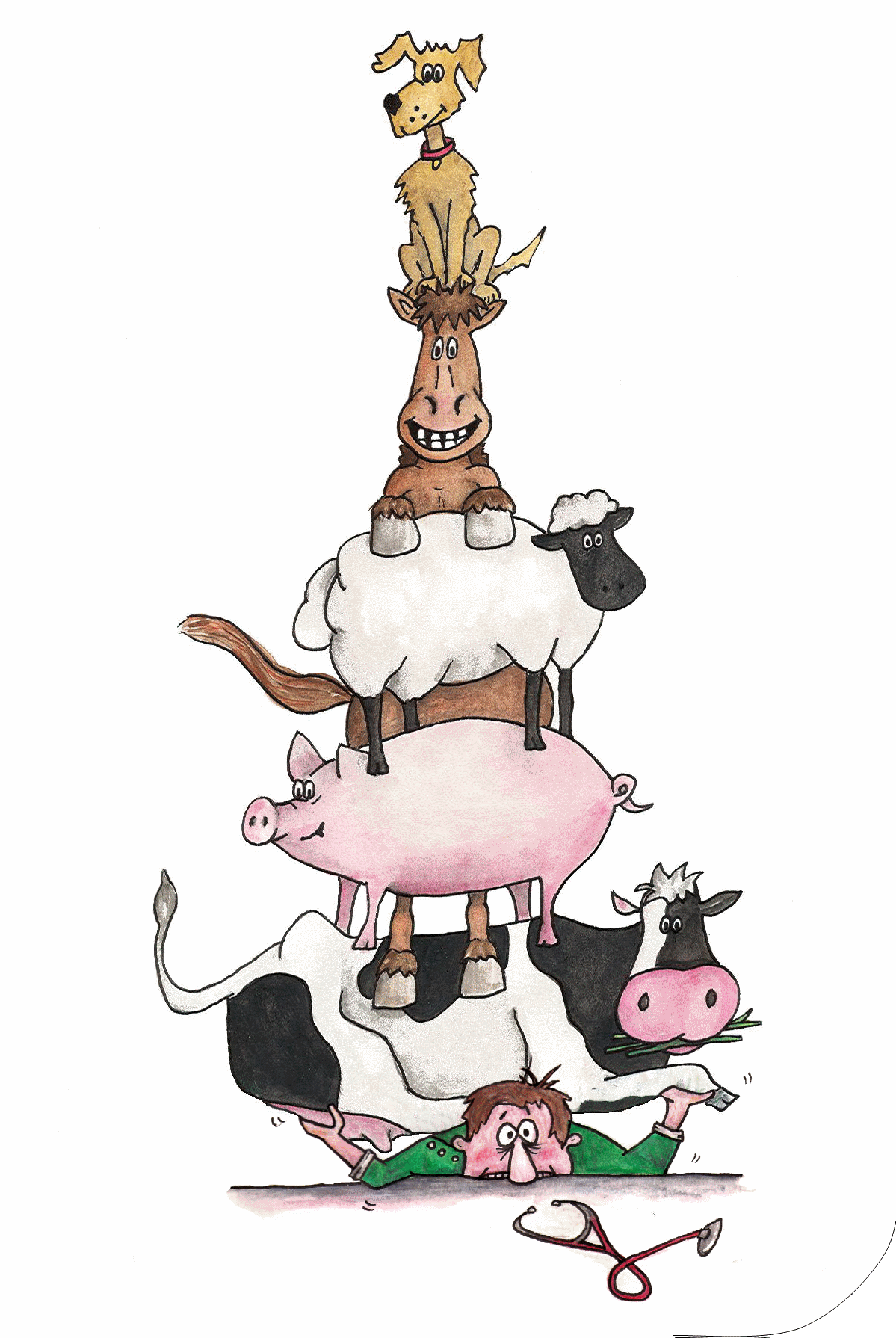Vets urged to highlight blowfly strike risk, as first cases reported in West Sussex
Vets and farmers have been warned against complacency about blowfly strike, as two new cases have been reported in West Sussex.
Blowfly strike is a familiar annual problem, with 88% of farmers saying it is the most widespread ectoparasite affecting sheep in the UK and 94% of sheep farmers having been caught out by the parasite in the past. In response, Elanco Animal Health is urging farmers to ‘strike first’ and use products that prevent against blowfly strike, rather than risk being caught out.
The timing and severity of blowfly strike is strongly influenced by the weather, which can often make the timing of treatment challenging for many flock managers. The Met Office believes this winter may have been the warmest ever recorded, prompting fears that these favourable conditions will result in a more abundant blowfly population.
Fiona Anderson, Technical Consultant Manager at Elanco Animal Health, said there was ‘no sense’ in taking any risks with blowfly.
“It’s crucial we do not get complacent when it comes to blowfly – the costs of inaction can be devastating. It’s an extremely distressing disease to see in sheep, and obviously for the sheep themselves, so there’s no sense in taking the risk. Farmers should take control of the situation, before blowfly strikes their flock, by using preventative products with full fleece protection. Another benefit of using a preventative product early in the season is that killing flies from the first wave of the insects reduces the total number of flies for the rest of the season.”
Fiona added that simply monitoring the signs associated with blowfly is a risky strategy: “Waiting for clear signs of the blowfly season before acting is a gamble. Farmers are extremely busy and blowfly strike can establish very quickly, so it would be very easy to miss an affected sheep.”
Fiona Anderson said blowfly strike is easy to prevent using an Insect Growth Regulator: “IGRs, such as CLiK and CLiKZiN, stop blowfly larvae developing into the harmful second and third stages that cause flystrike and stock damage. Using an IGR directly off shears saves time by avoiding the need to re-gather sheep and offering a longer period of protection.”
For more information on blowfly strike and prevention with IGRs, visit www.farmanimalhealth.co.uk.




